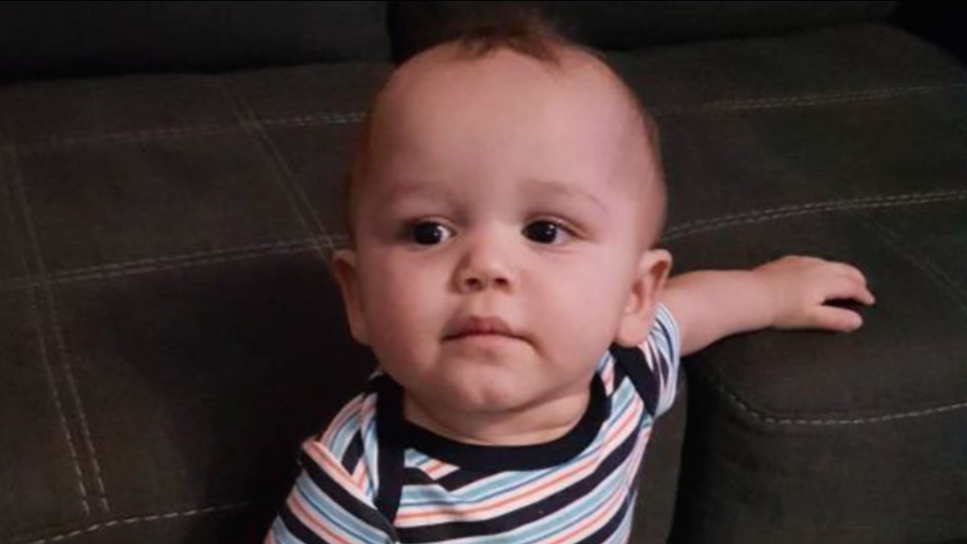Surrogate mothers are an integral part of the family building process for many people. Every surrogate has a different story and every surrogate has a different relationship with the child she births. After a strange medical phenomenon almost forced her to give away her own child, one surrogate mother is speaking out.
Thirty-one-year-old Jessica Allen already had two sons when she decided to become a surrogate mother for a family she refers to as the Lius (she did not reveal their real last name for privacy reasons). She and her partner, Wardell Jasper, planned on using the $35,000 she'd receive in compensation as a down payment on a home for their family. After undergoing the normal in vitro fertilization (IVF) treatment for surrogacy, Jessica was informed by her doctors that she was carrying twin boys — but she would later discover that one of the children she birthed and gave away was biologically hers.
More from CafeMom: 11 Surrogate Birth Photos That Illustrate a True Labor of Love
Allen says throughout her pregnancy, doctors told her the embryo that had been implanted in her uterus via IVF had split, meaning she was carrying identical twins. "Not once during the pregnancy did any of the medical staff provided by the agency say the babies were in separate sacs," she wrote in a piece for the New York Post. In other words, Allen had no way of knowing that the babies were fraternal, and one of them was her son.
When the twins were born, Allen says she was not allowed to see them, despite a stipulation in her original contract that she'd be allowed to spend one hour with the babies after she delivered them. It wasn't until about a month later when Allen received a photo of the babies from their mother that she immediately noticed something strange.

"She sent me a picture of the babies and said: 'They are not the same, right?' followed by, 'Have you thought about why they are different?'" Allen revealed in her piece. A DNA test taken shortly after confirmed that not only were the boys not twins, but one of them was Jessica's child.
The test also confirmed that Allen had experienced an extremely rare medical phenomenon called superfetation. Superfetation occurs when a pregnant woman releases an egg only a few weeks into her pregnancy, and the egg becomes fertilized and results in a second pregnancy while there is already an existing pregnancy in her womb. Because it's nearly impossible for women to ovulate while pregnant, this phenomenon is extremely rare in humans.
Allen claims that after the results from the DNA test came back, the couple who had custody of her son became angry, first giving Allen's child back to the surrogacy agency, Omega Family Global, and then demanding that they be compensated $18,000 to $22,000 by Jessica and Wardell for the mishap. Shockingly, Allen says Omega then began lining up parents to adopt her son.
"To my disgust, a caseworker from the agency lined up parents to adopt him and 'absorb' the money we owed," she wrote. "Or, if that didn't work out, the Lius were thinking of putting Max up for adoption, as they were still his legal parents. I told the agency in no uncertain terms, 'We want our son,' but we would still be responsible for the bill if we kept him."
It was then that she decided to hire a lawyer. After grueling negotiations with the other family and the agency, it was agreed that Allen and her husband would not be forced to provide any compensation for their troubles. In addition, on February 5, the couple finally got their son back. "The moment was incredibly emotional, and I started hugging and kissing my boy," Allen wrote.
More from CafeMom: 52-Year-Old Mom Serves as Daughter's Surrogate in an Act of Unconditional Love
Allen explained in her New York Post story that her son — renamed Malachi — is "doing well" after being back with his biological parents for nine months. The mom shared that her motivation to reveal what happened to her and her son came from the hope that other women considering surrogacy would learn from her story. By doing this, she wishes that "a greater good will come out of this nightmare."




